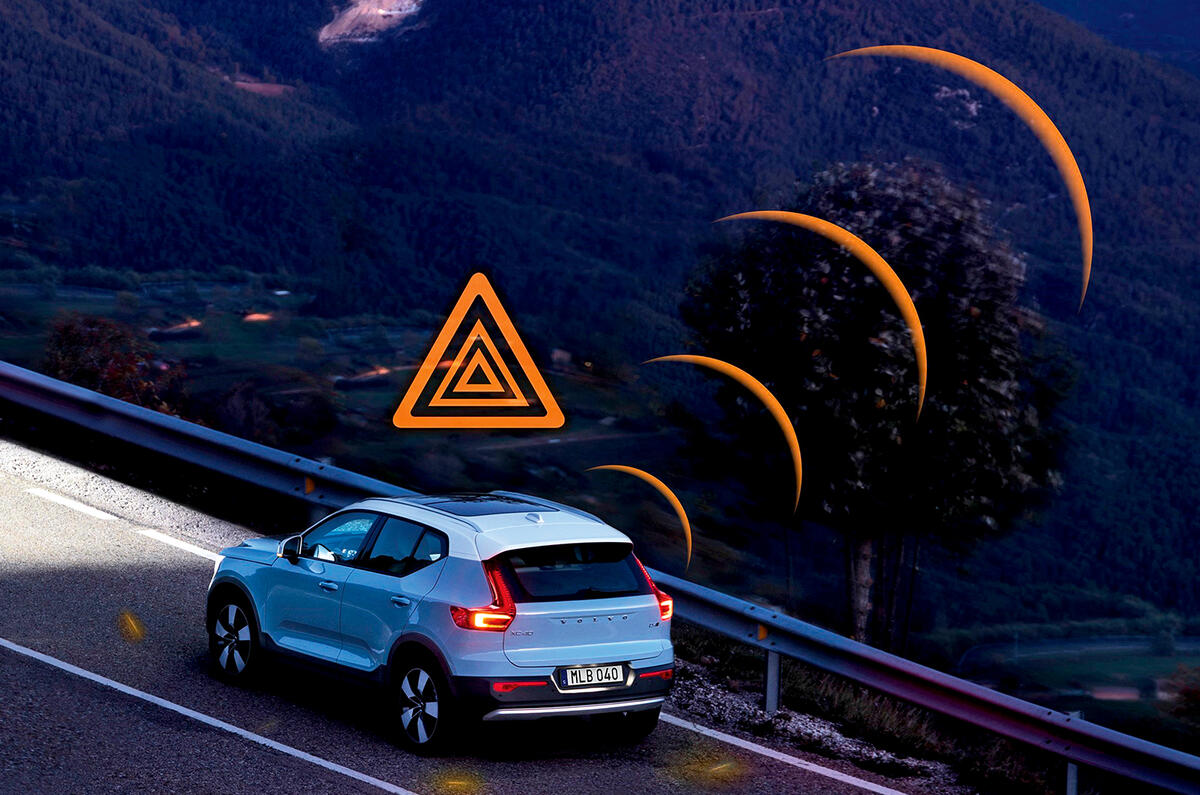If you drive a new(ish) car, when was the last time you recall it asking for your permission to collect data on you?
Maybe it does ahead of every journey – but more likely you were asked once, probably via the infotainment screen, and it has now been assumed that whatever you do, or whatever app you download, will take its lead from that answer.




Add your comment